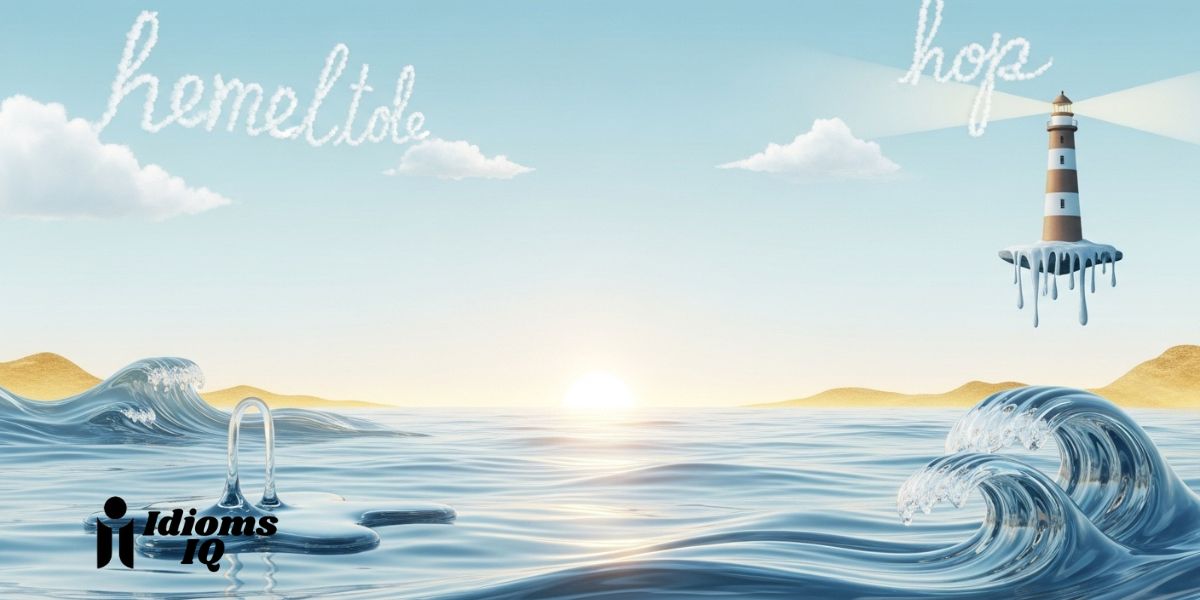
Discover 40 Similes for Excitement That Spark Pure Energy
Do you know that feeling? The one where your heart beats a little faster, a smile…

Do you know that feeling? The one where your heart beats a little faster, a smile…

Extended metaphors are a key tool in literature and modern writing. They help writers make complex…

What is life? This single question has inspired millennia of art, philosophy, and personal reflection. There…

Learning scientific vocabulary is key for students of all ages. Words starting with A are especially important in science terminology. They help build the foundation of scientific knowledge across many fields. Knowing science words starting with A helps students grasp complex ideas better. This can boost their grades and learning skills. This article offers a detailed list of 100 such words, tailored for different grade levels. It’s a great tool for teachers and students. Related: Powerful Words to Describe Yourself Confidently Key Takeaways The Power of Scientific Vocabulary Scientific vocabulary is key to understanding and sharing scientific ideas. It’s not just about knowing words; it’s about grasping the concepts and using them in different situations. This part looks at how words starting with ‘A’ are essential for scientific knowledge. Building Scientific Literacy Through Terminology Scientific literacy starts with knowing scientific terms. Terms starting with ‘A’ are important in many fields, from astronomy to anatomy. Learning these terms helps us understand and share complex scientific ideas better. For example, knowing “atmosphere” and “adaptation” helps a lot in environmental science and biology. Being good at scientific literacy is important for moving forward in science and making smart choices in life. Term…

The sea has captivated the human imagination for millennia. Its vastness, power, and deep mysteries make…

Look out your window or walk through a park, and you’ll see them everywhere: trees. They…

Have you ever visible a lovely sundown or a bit of artwork so first-rate that the…

Good communication is key to success in any field. Literary devices like metaphors and similes make our words more interesting and clear. They help us share complex ideas and feelings in a way that’s easy to understand. Knowing how to use metaphors and similes is important for better communication. They compare two things, but in different ways. Learning to use them well can make our language more powerful and engaging. Key Takeaways What Are Metaphors and Similes? Metaphors and similes are key parts of language. They help us share complex ideas in a way we can all understand. They make our thoughts and feelings come alive, making communication clearer. Defining Literary Devices in Everyday Language Literary devices like metaphors and similes are everywhere, not just in books. They add color and depth to our everyday words. A simile compares two things using “like” or “as.” A metaphor says one thing is another. For example, “he ran like a cheetah” is a simile, and “he is a lion on the battlefield” is a metaphor. The Purpose and Power of Figurative Language Figurative language, like metaphors and similes, makes our words richer. It gives us new ways to see things and feel emotions. It lets us share complex ideas in a way simple words can’t. By using these tools, we can create lasting impressions. Our messages become more powerful and memorable. Why Writers and Speakers Use These Devices Writers and speakers use metaphors and similes to grab our attention. They make their stories more vivid and their messages clearer. These devices help us connect ideas that might seem far apart. They add layers of meaning to what we say or write. This makes our content more engaging and memorable. Metaphor Vs Simile: Key Differences Metaphors and similes are tools for vivid descriptions in writing. They differ in how they make comparisons. Knowing these differences helps in creative writing and improving imagery. Direct Comparisons: How Metaphors Work…

In our journey to express what our friends mean to us, we’ve learned that the right…